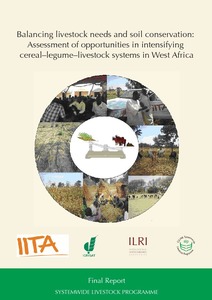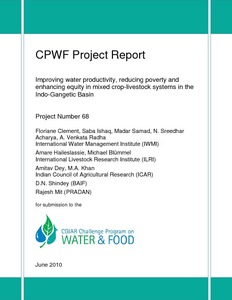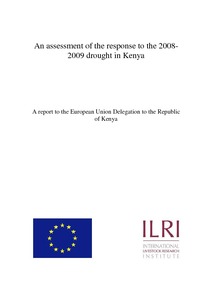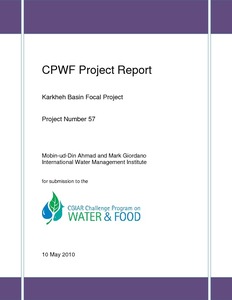Livestock input supply and service provision in Ethiopia: challenges and opportunities for market-oriented development
Livestock production in Ethiopia has, for long, remained subsistence with limited market-orientation and poor institutional support. Producing for the market requires
re-orientation of the production system and development of a knowledge based and responsive institutional support services. Institutional support services of extension,
research, input supply, rural finance and marketing are key areas of intervention that










